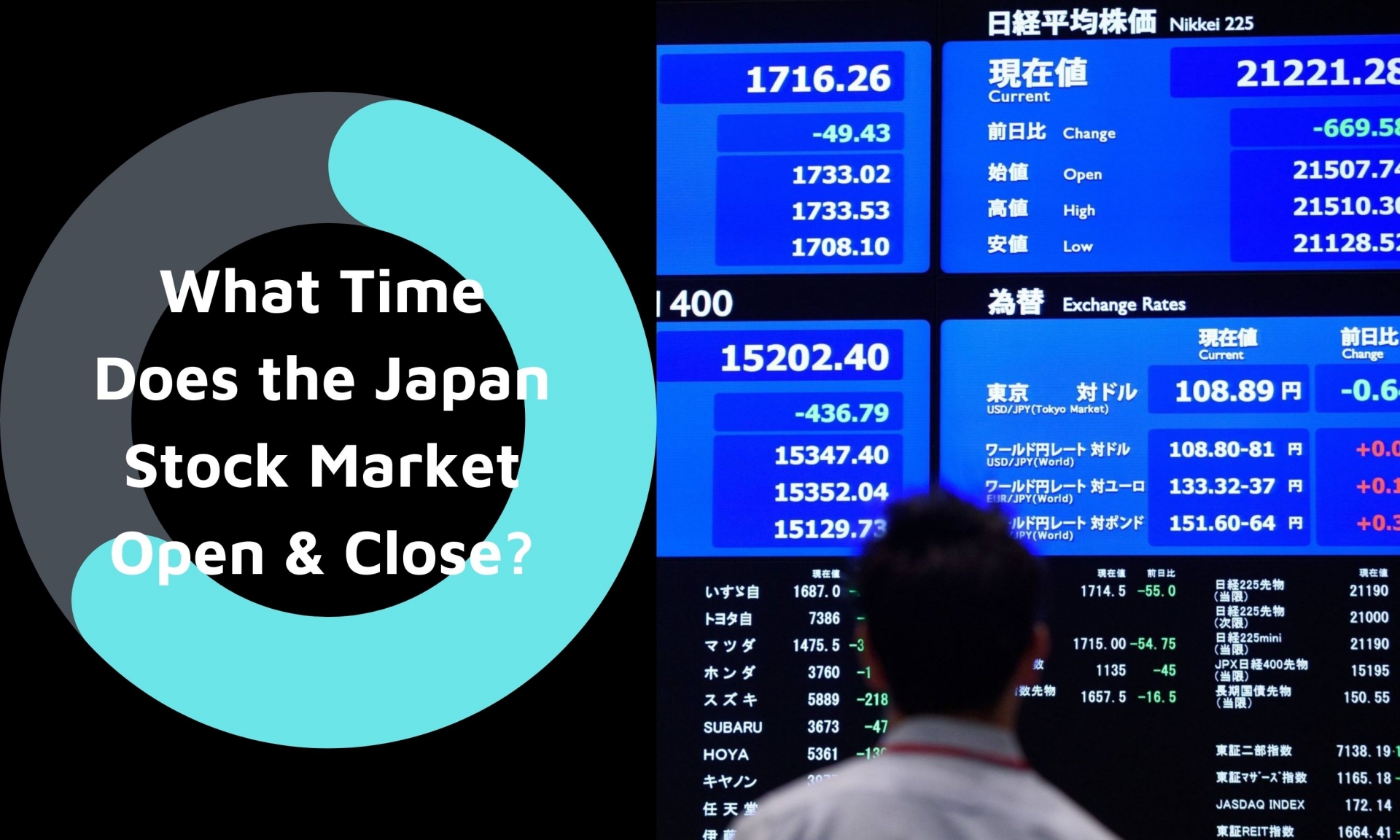Can Foreigners Buy Or Invest In Japan Stock Market?
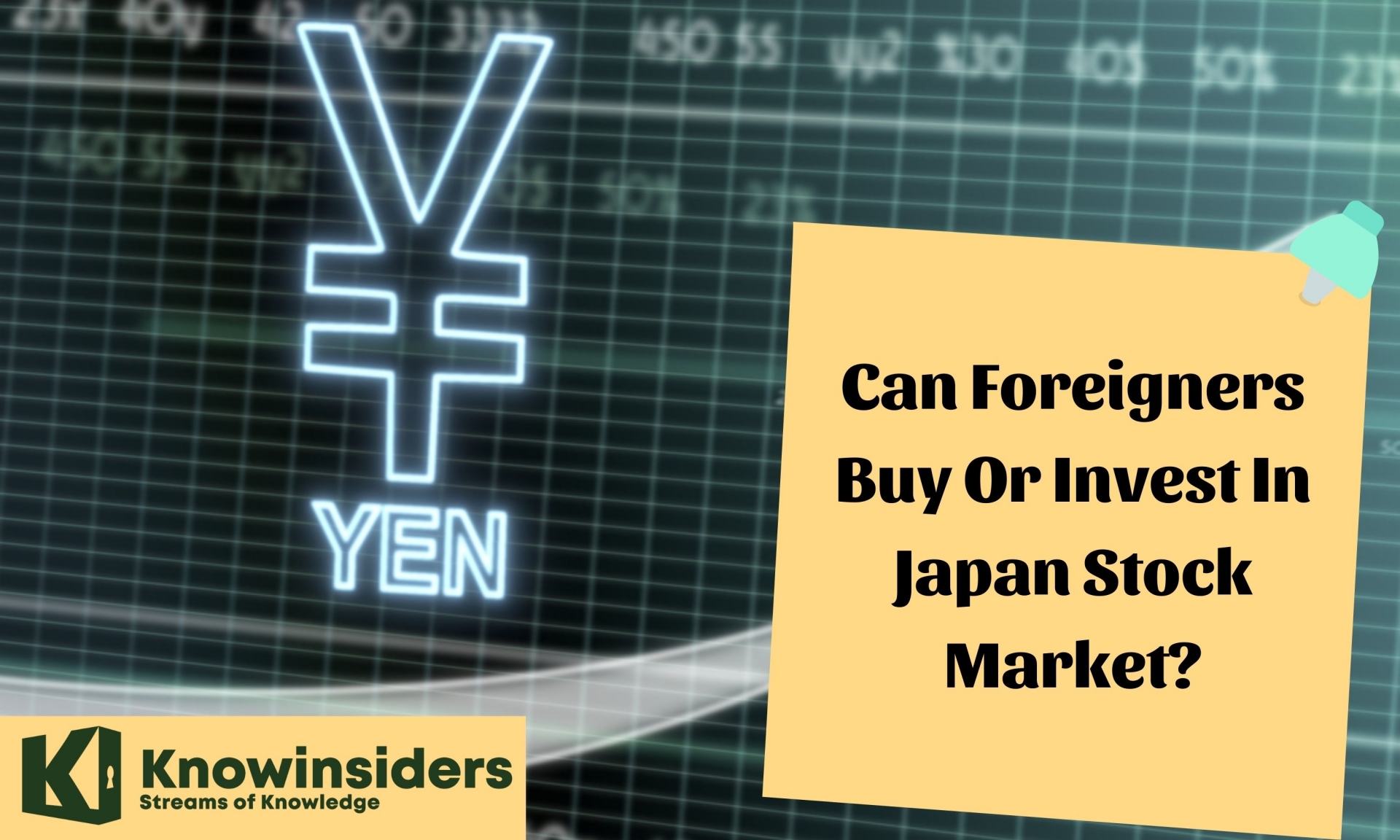 |
| Tsunagulocal |
Money left in the bank is money that is losing value. If you have excess cash sitting around, it’s always good to invest it. Not only do you beat inflation, but you can potentially grow that money as well.
With foreigners living in Japan, you don’t have to settle for overseas brokerages and remitting currency. Rather, using the following brokerages, you can invest your hard-earned yen right here and now.
An overview of the Japan Stock Exchange
Japan’s principal stock exchange, the Tokyo Stock Exchange (TSE/TYO), was founded in 1878. It is currently the world’s 3rd-largest stock exchange by market capitalization with a market cap of $5.68 trillion as of June 2020. The exchange is the home of such well known stocks as Mitsubishi, Sony, Honda and Toyota.
The exchange has a long history, having combined with Japan’s 10 other exchanges in 1943 to become the Japanese Stock Exchange, which was subsequently closed and restructured after the end of World War II. The Tokyo Stock Exchange reopened officially in May 1949.
The 1980s saw an exponential rally in the Japanese stock market over a period of 9 years — making up as much as 60% of global stock market capitalization. During the resulting Japanese asset price bubble, the Nikkei 225 Index rallied from 6,649.50 in 1980 to close at 38,915.87 on December 29, 1989, which remains the Index’s all-time high.
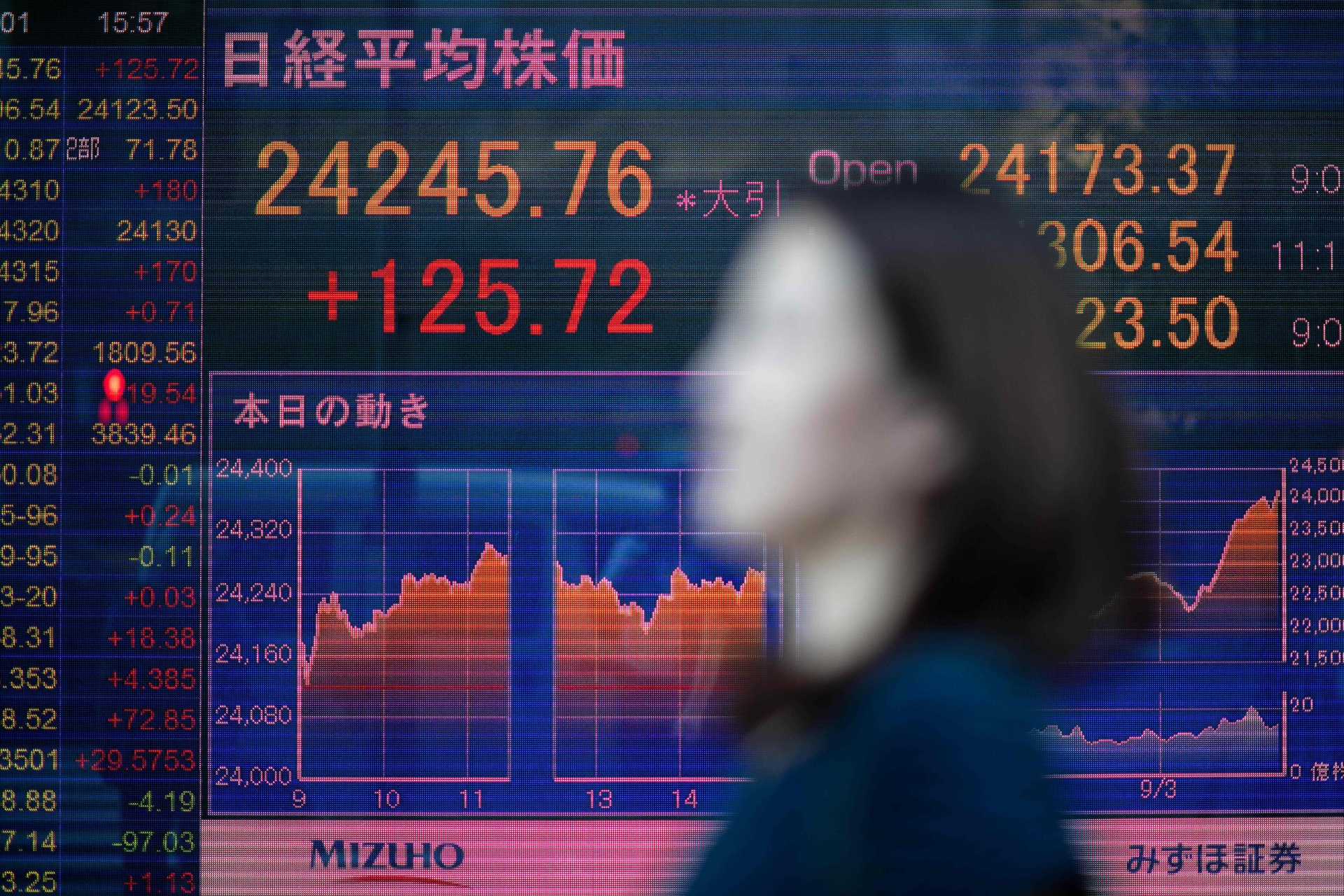 |
| Money |
Since making that peak in 1989, the Nikkei 225 Index has traded under the 8,000 level twice, initially in 2003 and then in 2009. The index currently trades at the 26,652.52 level and had a yearly range of 16,358.19 to 26,894.25 thus far in 2020.
The TSE/TYO currently makes up part of the publicly traded Japan Exchange Group (JPX), which arose from the Tokyo exchange’s merger with the Osaka Stock Exchange in 2012. As of December 2020, the TSE/TYO had a total of 3,733 stocks listed on the exchange.
TSE/TYO trading hours are in Japan Standard Time (JST) that corresponds to Greenwich Mean Time (GMT) +9 hours. Trading on the Tokyo exchange is from Monday through Friday, 9 a.m. to 11:30 a.m. and 12:30 p.m. to 3 p.m.
How To Buy & Invest in the Japan Stock Market For Foreigners?
1. Open a Trading Account.
| You must first open a Japanese trading account to buy and sell stocks directly on the TSE/TYO, which you can do if you are a Japanese national or have a Zairyu Card to officially prove your residential status as a foreigner living in Japan. Having knowledge and familiarity with the Japanese language is a big plus to begin trading stocks directly in Japan, although some brokers can provide English language support for their foreign customers. Two Japanese brokers that provide trading accounts for foreigners include SBI Shoken (SBI証券) and Rakuten Shoken (楽天証券). If you instead open an account with an international broker, you may even be able to trade the largest Japanese stocks free of commissions. Also, most U.S.-based stock brokers let you trade ADRs that may be less costly than trading Japanese stocks via a Japan-based broker, so keep it in mind when you select a stock broker to trade. |
2. Fund your Trading Account.
You should ideally already have a Japanese bank account with a local bank since you’ll have to transfer funds from your bank to fund your trading account before you can purchase Japanese stocks. The 2 brokers mentioned above provide direct links to most major banks in Japan.
Rakuten Group also owns its own online bank that you can link to your Rakuten trading account. If you plan on trading in other markets, you might instead opt for a good international broker that allows you to buy and sell stocks in Japan and elsewhere. Also, if you plan on trading only large-cap Japanese stocks, then you might choose an international broker since you could save on commissions versus a Japanese broker.
3. Start Trading.
Once you’ve completed the steps outlined above, you’ll have a live stock trading account open with either an international or a Japanese broker. You will also need to gain access to a trading platform supported by your chosen broker to enter your trades if you wish to do so online.
What Time Does the Japan Stock Market Open & Close?
Top Best Online Brokers in Japan
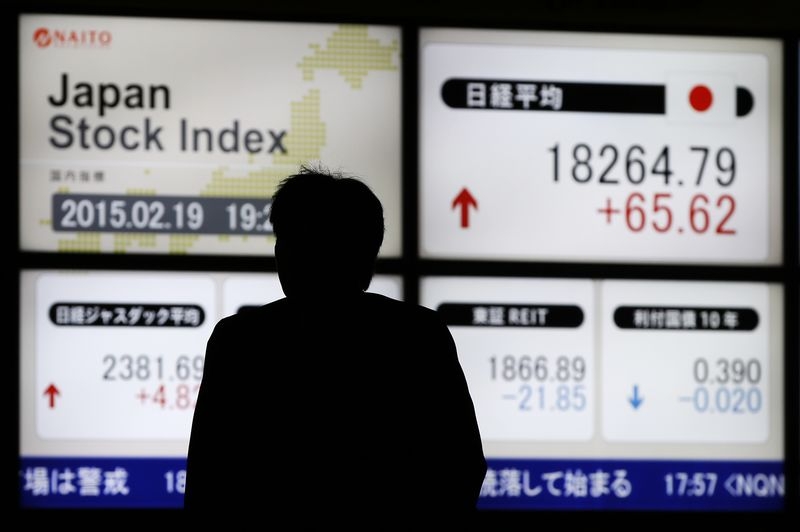 |
| Investing |
1. Interactive Brokers
| Interactive Brokers is the best international online broker in 2021. Low trading fees. Wide range of products. Many great research tools. Interactive Brokers, one of the biggest US-based discount brokers, was founded in 1978. The broker is regulated by several financial authorities globally, including top-tier ones like the UK's Financial Conduct Authority (FCA) and the US Securities and Exchange Commission (SEC). Given that the broker has licenses from multiple top-tier regulators, Interactive Brokers is considered safe. The fact that it has a long track record and publicly disclosed financials while being listed on a stock exchange all point to IB being a safe service provider. |
2. Saxo Bank
Saxo Bank takes second place. Great trading platform. Outstanding research. Broad product portfolio.
Saxo Bank, a Danish investment bank founded in 1992, provides online trading and investment services. The company is regulated by several financial authorities globally, including the Danish Financial Services Agency (FSA) and the UK Financial Conduct Authority (FCA).
Saxo Bank is a global service provider and its subsidiaries are present in the form of separate legal entities in different regions of the world. The services offered by the various entities may differ slightly, especially with respect to fees and product portfolios. In this review, we tested Saxo Bank UK.
Saxo Bank is considered safe because it has a long track record, a banking background and is regulated by top-tier financial authorities.
Recommended for investors and traders looking for a great trading platform and solid research.
3. TradeStation
TradeStation rounds out the top three. Great web and mobile trading platform. Low stock and ETF fees. High-quality educational tools.
TradeStation is a US stockbroker founded in 1982. It is regulated by the Securities and Exchange Commission (SEC) and the Financial Industry Regulatory Authority (FINRA). Clients are eligible for up to $500,000 investor protection per account (including cash up to $250,000).
TradeStation is considered safe because it has a long track record; discloses its financials; and its parent company, the Monex Group, is listed on the Tokyo Stock Exchange.
Recommended for traders focusing on us markets and buy-and-hold investing.
4. Questrade
Questrade, numero quattro. Low stock and ETF fees. Solid research tools. Superb customer service.
Questrade, founded in 1999, is one of the most popular brokerage firms in Canada. It is regulated by the Investment Industry Regulatory Organization of Canada (IIROC) and is a member of the Canadian Investor Protection Fund (CIPF).
Questrade is considered safe because it has a long track record and is regulated by a top-tier regulator.
Recommended for traders and investors focusing on the canadian and us markets.
5. Trading 212
Trading 212 just made it to the list at in fifth place. Real stocks and ETFs are commission-free. Quick and easy account opening. Great trading platforms.
Trading 212 is a global CFD broker, but clients can also trade stocks and ETFs free of charge. The company was founded in 2004 and is now headquartered in London. Trading 212 is regulated by the UK Financial Conduct Authority (FCA), the Cypriot Cyprus Securities and Exchange Commission (CySEC), and the Bulgarian Financial Supervision Commission (FSC).
Trading 212 is considered safe as it is regulated by the top-tier FCA.
Disclaimer: CFDs are complex instruments and come with a high risk of losing money rapidly due to leverage. 74-89% of retail investor accounts lose money when trading CFDs. You should consider whether you understand how CFDs work and whether you can afford to take the high risk of losing your money.
Are Japanese Stocks a Good Investment?
The Oracle of Omaha, Warren Buffett, turned 90 this year. His investment company, Berkshire Hathaway (NYSE: BRK-A) has among the most impressive stock portfolios and returns in the business. A subsidiary of that company recently made a $6 billion investment in 5 major Japanese trading houses. The Japanese companies that Buffett invested in include: Mitsubishi Corp. (TSE/TYO: 8058), Itochu Corp. (TSE/TYO: 8001) Mitsui & Co. (TSE/TYO: 8031), Sumitomo Corp. (TSE/TYO:4005) and Marubeni Corp. (TSE/TYO: 8002).
These Japanese trading companies have similar business models to Berkshire Hathaway, investing primarily in mining, energy and consumer goods. Other money management firms, such as Franklin Templeton for example, have done extremely well for themselves and their clients by investing in Japanese stocks. While opportunities exist in all capital markets, the Japanese stock market is well worth considering for any serious investor.
What are the Opportunities and Risks of Stock Investing in Japan?
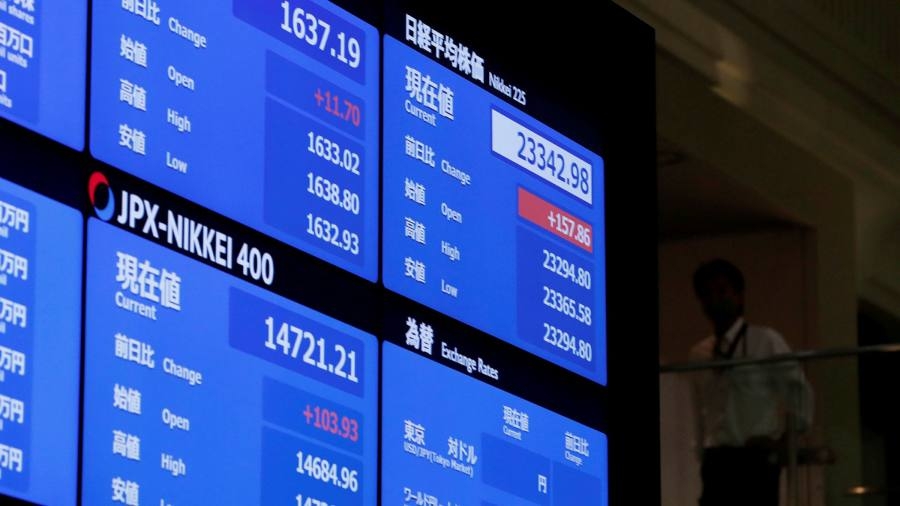 |
| Ft |
Good stock investors take advantage of opportunities that arise in the market. Just as the U.S. has its own incoming strengths, Japan is similarly a hotbed for opportunity. Here are some things to keep an eye out for:
1. Due to the impact of Abenomics in Japan, the Japanese markets may roar ahead once the pandemic abates.
2. You’ll have access to some of the largest and most well-capitalized companies in the world, particularly in the automotive and electronics sectors.
3. Japanese stocks are usually very affordable. Warren Buffett took a position in several Japanese trading companies in 2020. Since he’s usually a value investor, he’s investing in relatively cheap Japanese stocks.
Additionally, investing will always come with its fair share of risk. Here are some things to watch out for when investing in Japan:
1. There is no guarantee that the Japanese markets are going to continue to recover post-pandemic.
2. Japan has an uncertain economic future. The markets there were phenomenal in the 1980s, but for the next two decades that was not the case.
3. There is currency risk with every trade you make unless you hedge in U.S. dollars.
4. As a foreign investor, you may find high transactions costs.
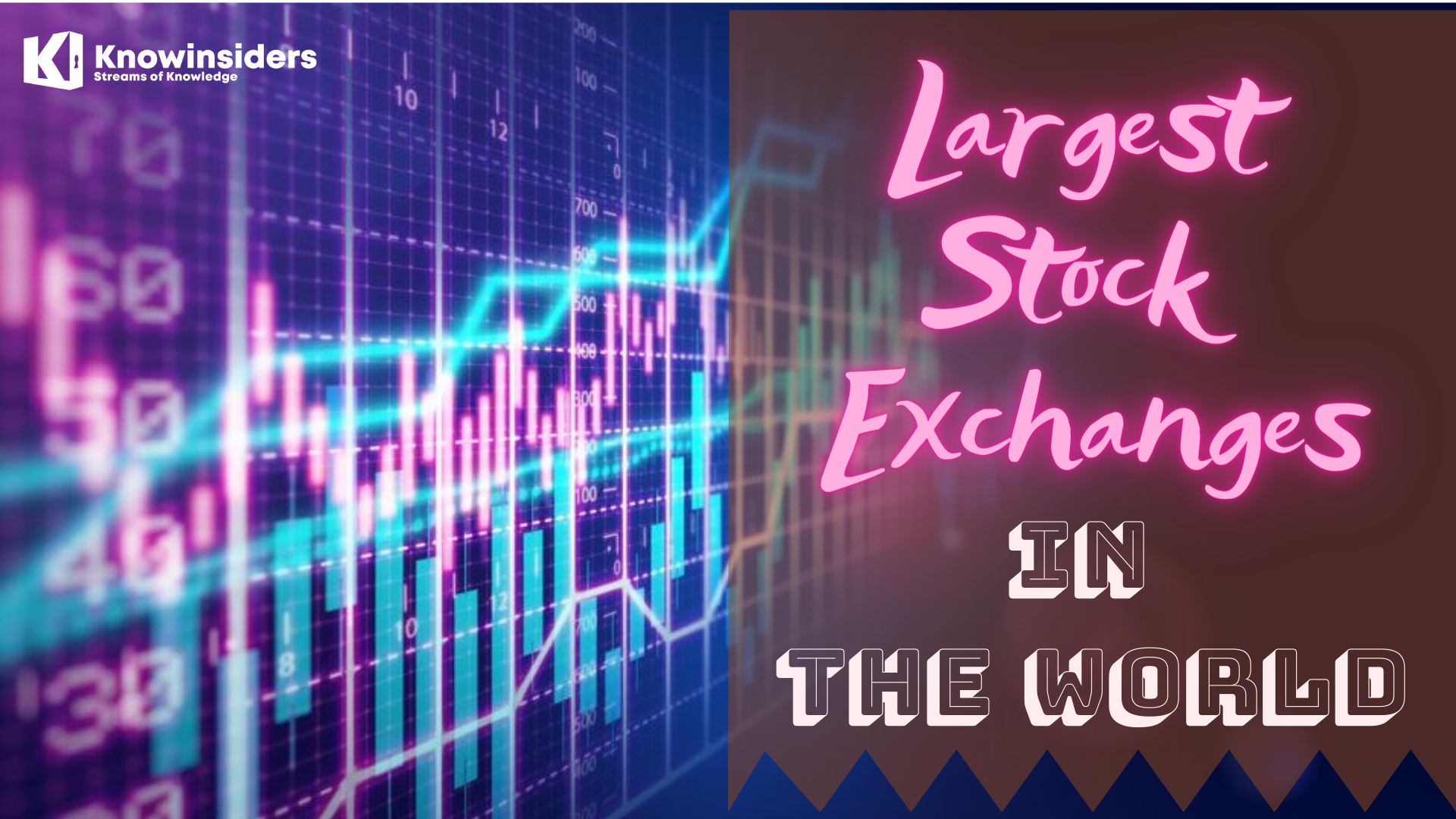 Top 10 Largest Stock Exchanges In The World Top 10 Largest Stock Exchanges In The World The stock exchange plays a crucial role in world trade and economic stability. Here are the top 10 largest stock exchanges in the world. |
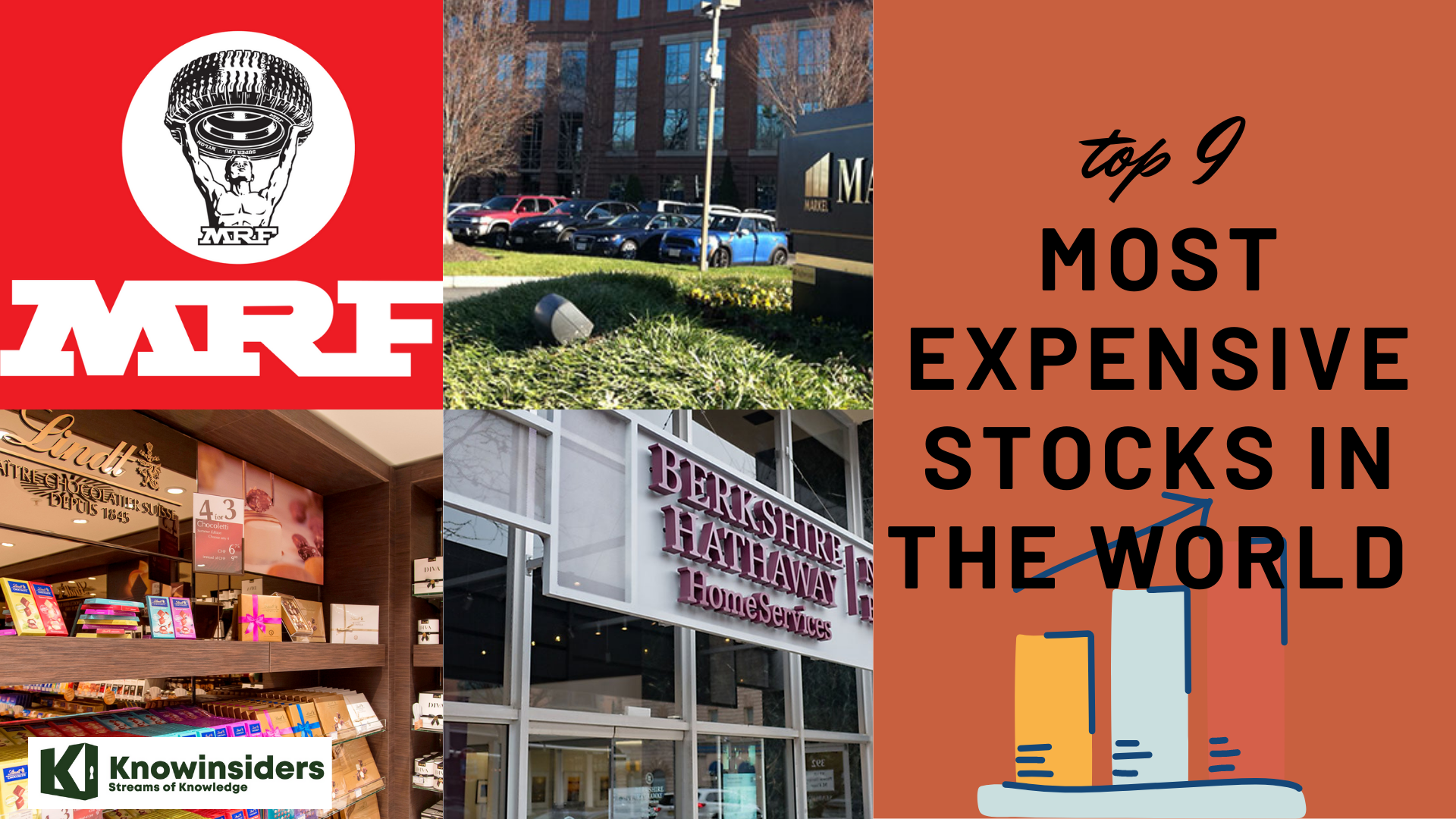 Top 9 Most Expensive Stocks In The World Top 9 Most Expensive Stocks In The World Stock price is an indicator of a company's market value, but the price of a share of stock will also depend on the number of ... |

